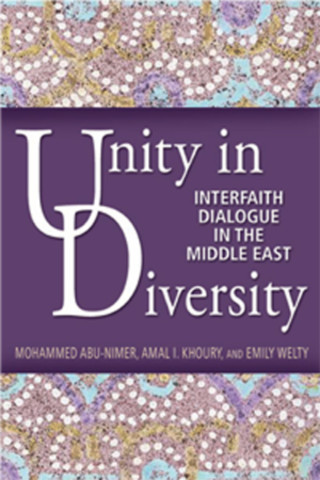Amal I. Khoury
Amal Koury is lecturer in the Department of Global Studies at University of North Carolina at Charlotte.
Author's Books
Nowhere are the stakes of sectarian conflict as high as in the Middle East, and nowhere is the practice of interfaith dialogue (IFD) more fraught with difficulty. The questions, then, naturally arise: What sort of person tries something as audacious as interfaith dialogue in such a polarized climate? And what do they hope to gain? The answers to both questions are surprisingly diverse. The authors, after briefly introducing IFD’s central concepts and terms, its various models, and the nature of IFD in a Middle Eastern context, go on to discuss the intricate relationships between interfaith activities and religious identity, nationalism, violence, and peacemaking in four very different settings: Israel/Palestine, Lebanon, Egypt, and Jordan. But they have gone beyond mere reportage and analysis, interviewing the whole cross-section of local IFD workers: not only clerics and “dialoguing” professionals, but also Palestinian housewives, Maronite civic leaders, Israeli schoolteachers, Coptic storekeepers—laypersons who are often more eloquent than any scholar at expressing the realities, hopes, and frustrations of IFD within their home countries. Liberally quoting these frontline workers, the authors take on the perennial dilemma faced by IFD proponents: avoid politics and risk irrelevance, or take up the political questions and risk “politicizing” the dialogue, with all the disruptive effects this implies. Above all, this important book demonstrates the desire for interfaith dialogue in these polarized societies, and the extent to which, against strong odds, religious communities are connecting with each other.

